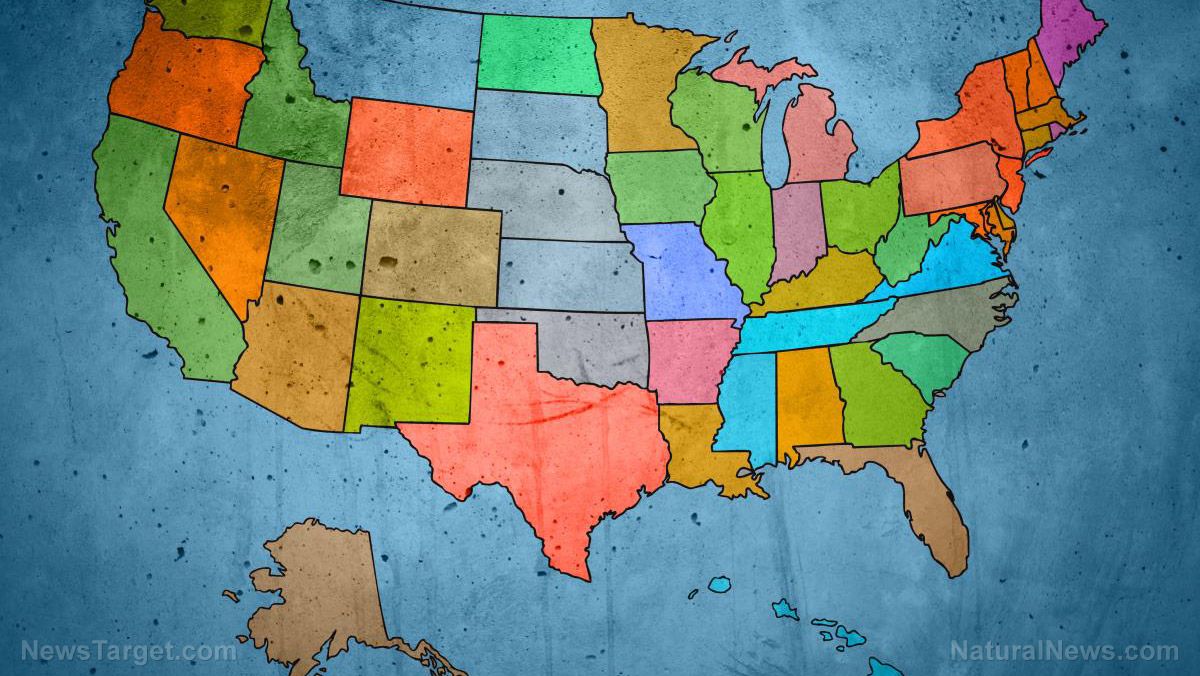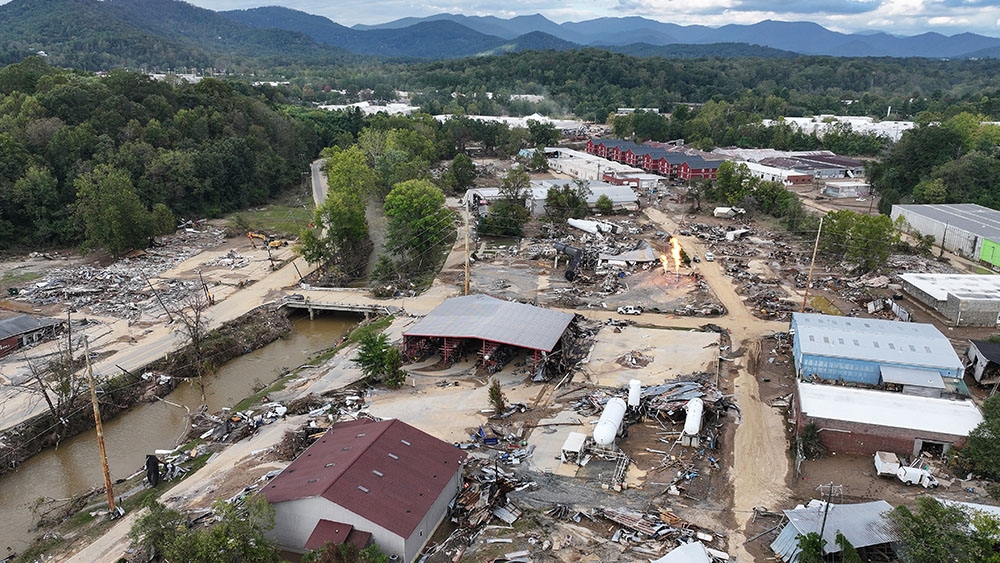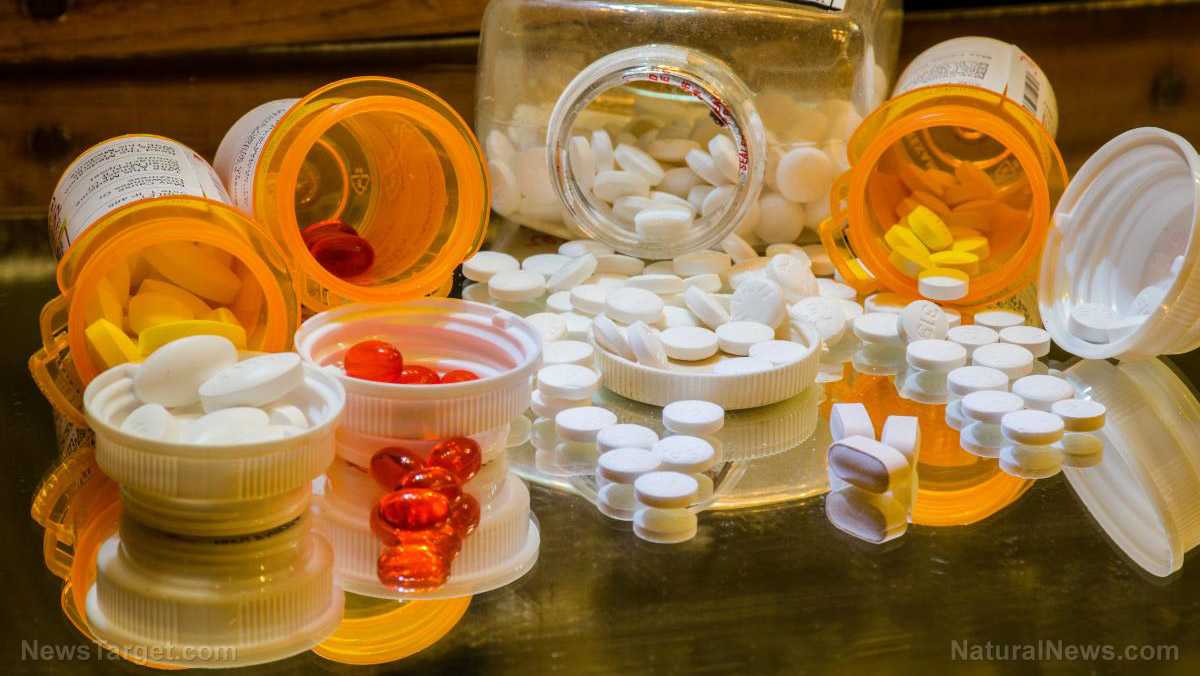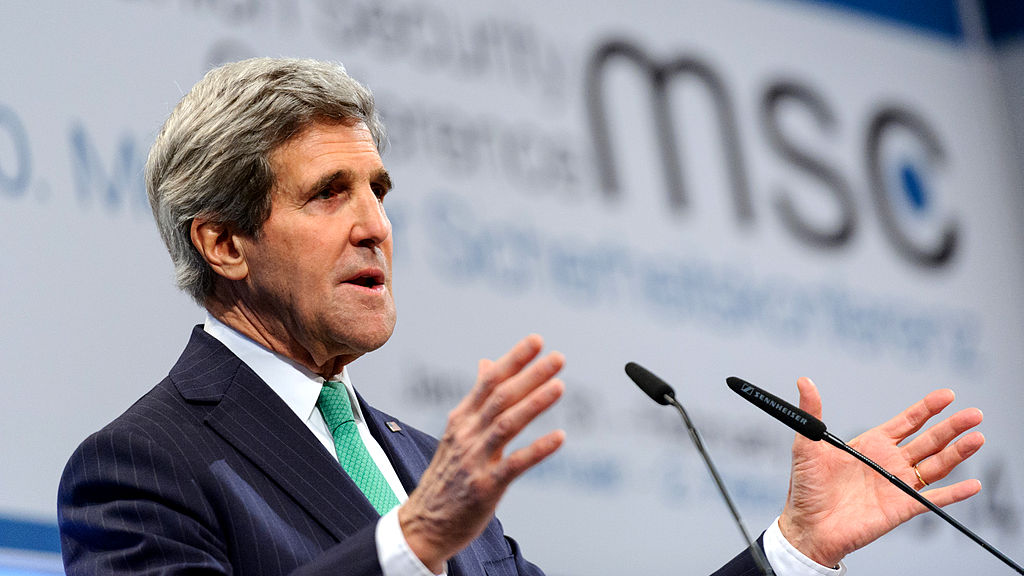Pfizer, CDC withheld evidence that COVID-19 vaccines increased the risk of myocarditis in children
10/11/2024 / By Ava Grace

Pfizer and the Centers for Disease Control and Prevention (CDC) withheld evidence that the Wuhan coronavirus (COVID-19) vaccines increased the risk of myocarditis in children, according to two sets of documents made public.
Confidential Pfizer documents leaked by Project Veritas show that Big Pharma had “evidence that suggests patients who received a (COVID-19) vaccine are at an increased risk of myocarditis.” (Related: Fatality rate spikes to 9.6% for individuals diagnosed with myocarditis or pericarditis after taking the COVID vaccine.)
Meanwhile, heavily redacted CDC documents obtained by the Children’s Health Defense (CHD) via a Freedom of Information Act (FOIA) request indicate that the agency provided an undercounted figure of post-COVID-19 vaccination myocarditis cases to Israel’s Ministry of Health in early 2021.
The latest revelations come as Germany, Japan and other governments are raising questions about the significant numbers of severe adverse events recorded in individuals following the administration of the vaccines.
“This study clearly shows that Pfizer’s COVID-19 vaccine provides almost no benefit to children and adolescents, but does increase their risk of myocarditis and pericarditis,” said Dr. Brian Hooker, CHD’s chief scientific officer. “It begs the question: Why does the CDC continue to recommend these unlicensed shots for kids? Where is the data they use to support their statement that the benefits of these vaccines outweigh the risks?”
The Pfizer vaccine provided children and teens in England with only about 14 to 15 weeks of protection against the virus, as per a preprint study of over 1.7 million children ages five to 15.
Moreover, researchers investigating the safety and effectiveness of Pfizer’s vaccine in fully vaccinated, partially vaccinated, and unvaccinated children and teens, also found cases of myocarditis and pericarditis only in vaccinated children. The study found that vaccinated children required slightly fewer emergency room visits and hospital stays, but that those outcomes were extremely rare in children and teens across all groups.
COVID-19 vaccine provides almost no benefit to children, study reveals
Public health agencies in the United Kingdom and the U.S. granted authorization to the Pfizer vaccines based on clinical trials that measured immunogenicity and efficacy against infection.
Their research confirmed that even in 2021, when the vaccine was first authorized for children and teens, that age group did not face a high risk for COVID-19-related serious outcomes, including death or the need for emergency care, hospitalization or critical care.
The researchers tested the effectiveness of the first vaccine dose versus no vaccine and of two doses versus a single dose. They matched each vaccinated child with an unvaccinated one, and participants were matched by age, sex, region, prior COVID-19 testing and childhood vaccination status.
Of the 1,262,784 children in the adolescent part of the study, vaccinated and unvaccinated, there were only 72 emergency room visits, 90 COVID-19 hospitalizations and no deaths. There were nine cases of pericarditis and three cases of myocarditis, all in the vaccinated group.
Among all of the children in the vaccinated versus unvaccinated group, there were no emergency visits, only six hospitalizations and no deaths related to COVID-19. There were three cases of pericarditis, all in vaccinated children.
The researchers concluded that in adolescents, the vaccine reduced the rate of hospitalization more than it increased the risk for myocarditis and pericarditis, but for children, the increased risk of pericarditis was higher than the reduction of risk for hospitalization.
Visit VaccineInjury.news for similar stories.
Watch this video featuring a discussion on COVID accountability.
This video is from the Sanivan channel on Brighteon.com.
More related stories:
Japanese experts warn: “Self-amplifying” mRNA injections will trigger WORLDWIDE DISASTER.
Sources include:
Submit a correction >>
Tagged Under:
big government, Big Pharma, children, coronavirus, covid-19, medical violence, myocarditis, pandemic, pericarditis, Pfizer, vaccine damage, vaccines
This article may contain statements that reflect the opinion of the author
RECENT NEWS & ARTICLES
COPYRIGHT © 2017 PENSIONS NEWS




















